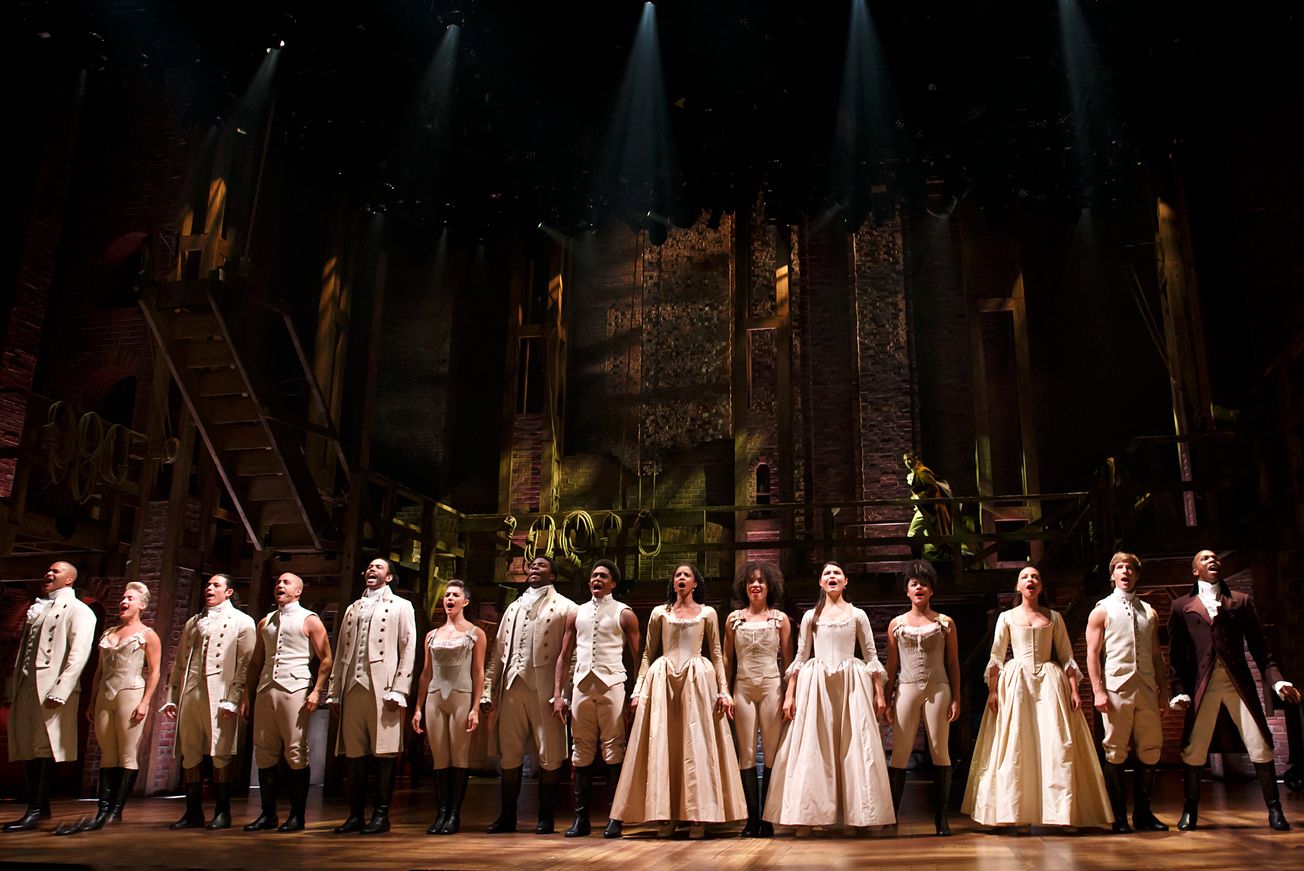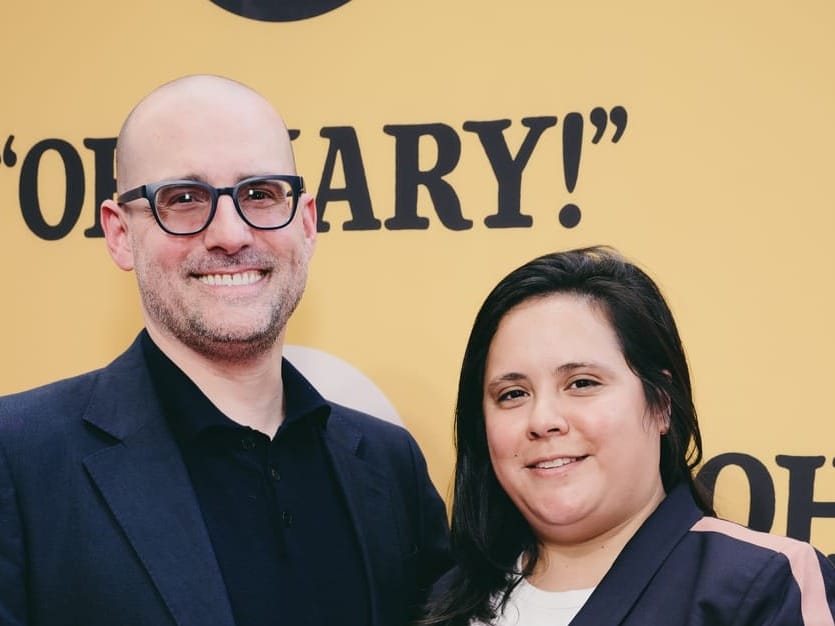Actors’ Equity has launched a social media campaign and petition calling for changes to the developmental lab agreement as the union begins negotiations with The Broadway League.
The Equity lab agreement, used during the development of new works, was first created 11 years ago and has not been updated since. In the new agreement, Equity members are asking for higher weekly salaries — as the rates are unchanged since the agreement’s creation — as well as profit participation and guaranteed rehearsal time ahead of a full production.
The union had its first day of negotiations with The Broadway League on Tuesday. The Broadway League declined to comment on the Equity campaign and negotiations.
As it stands, the weekly minimum rate for actors in developmental labs is $1,000, with $1,100 for assistant state managers and $1,200 for production stage managers. Producers are also required to make pension and health contributions.
“Since the Lab Agreement was created, the landscape for show development has changed drastically. Creative contributions and the demands placed on artists have risen exponentially. But members are still earning the same weekly minimum salary on the Lab Agreement as they were 11 years ago,” Equity’s open letter to the Broadway League reads.
In addition to a higher salary, actors are asking for profit participation when the show goes on to future productions. The argument is that by taking part in an early iteration of the show, the actors are making creative contributions that help shape the production.
The call for profit participation comes after a group of original cast members from “Hamilton” successfully lobbied for a share of net profits in April 2016. The cast members won 1 percent of net Broadway profits, to share among the group, as well as a 0.33 percent stake in future productions, according to Bloomberg.
Equity members have been working on reshaping a lab agreement since 2016.
Though infrequent, other Broadway shows, including “The Book of Mormon,” have given profit participation to early cast members. The use of an Equity workshop agreement, which predates the lab contract, allowed less weekly salary up front, but gave participants right of first refusal and a share of the profits.
The counter-argument is that the actors are already being paid for their time in the labs and that the creative contribution is made primarily by the creative team, who are compensated with profit-sharing.
Veteran producer Manny Azenberg said he believes that if an actor is so impactful to a show, he or she will negotiate for profit-sharing individually. If profit-sharing is open to all, it will hurt the bottom line of the show, he said.
“Once you open the door, it will become endless,” Azenberg said. “The Broadway economics are not wonderful and this will make it worse.”
Throughout the day Tuesday, prominent actors including Audra McDonald, Michael Park, Stephanie J. Block, Steven Pasquale, posted messages in support of the new Equity agreement, highlighting the salary raise and profit participation, as well as the intricacies involved.
I have helped to develop characters & tracks in six musicals that are currently, or have been announced for next season on Broadway. Actors deserve to share in the profits of shows that do well, as a collaborative part of the creative team. We help write the stories. #NotALabRat https://t.co/rDCnawfpg4
— Eric Anderson (@oleEricAnderson) November 13, 2018
… and points. 👍🏼 https://t.co/DFfbzre4CE
— Stephanie J. Block (@StephanieJBlock) November 13, 2018
Broadway,
We stand together asking to be included in profits of the shows we help build.
How we define that group of “developers” is more complicated, however excluding only actors in the rare occasion a show makes a profit just isn’t fair.
Sweat equity has value.#NotALabRat
— steven pasquale (@StevePasquale) November 13, 2018
The third point of negotiation is around rehearsals. When a show goes from a lab to a full production, actors allege that the lab itself has often been treated as rehearsal time, and therefore they don’t receive adequate time to prepare in the lead up to the full production.
There is not a set end date for the negotiations, as the current terms of the contract have already expired, but can remain in effect until new terms are set.


























































